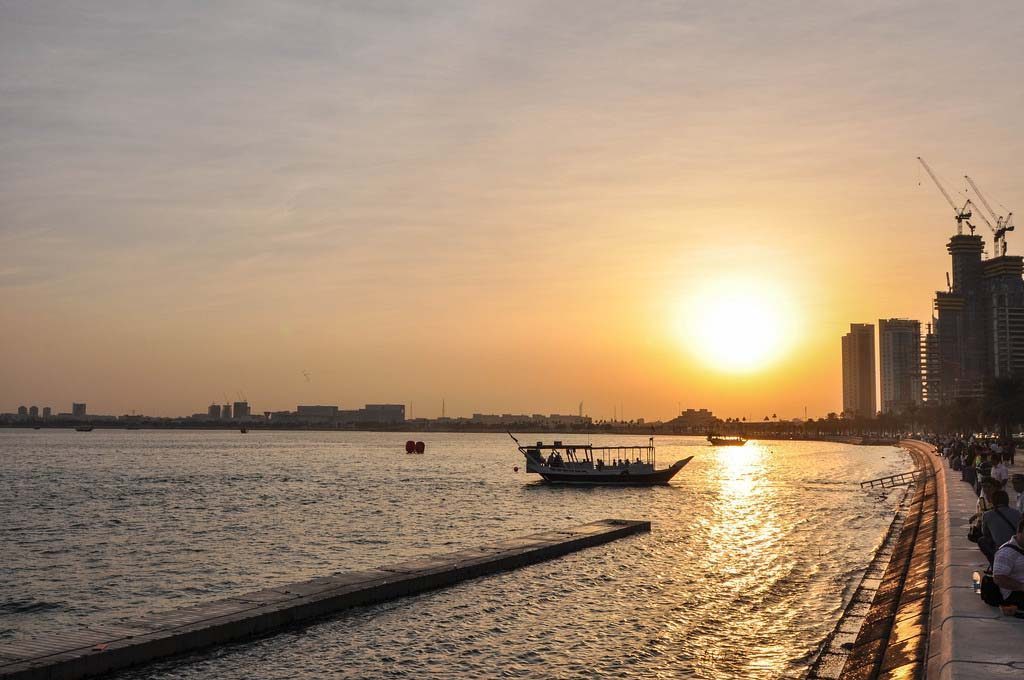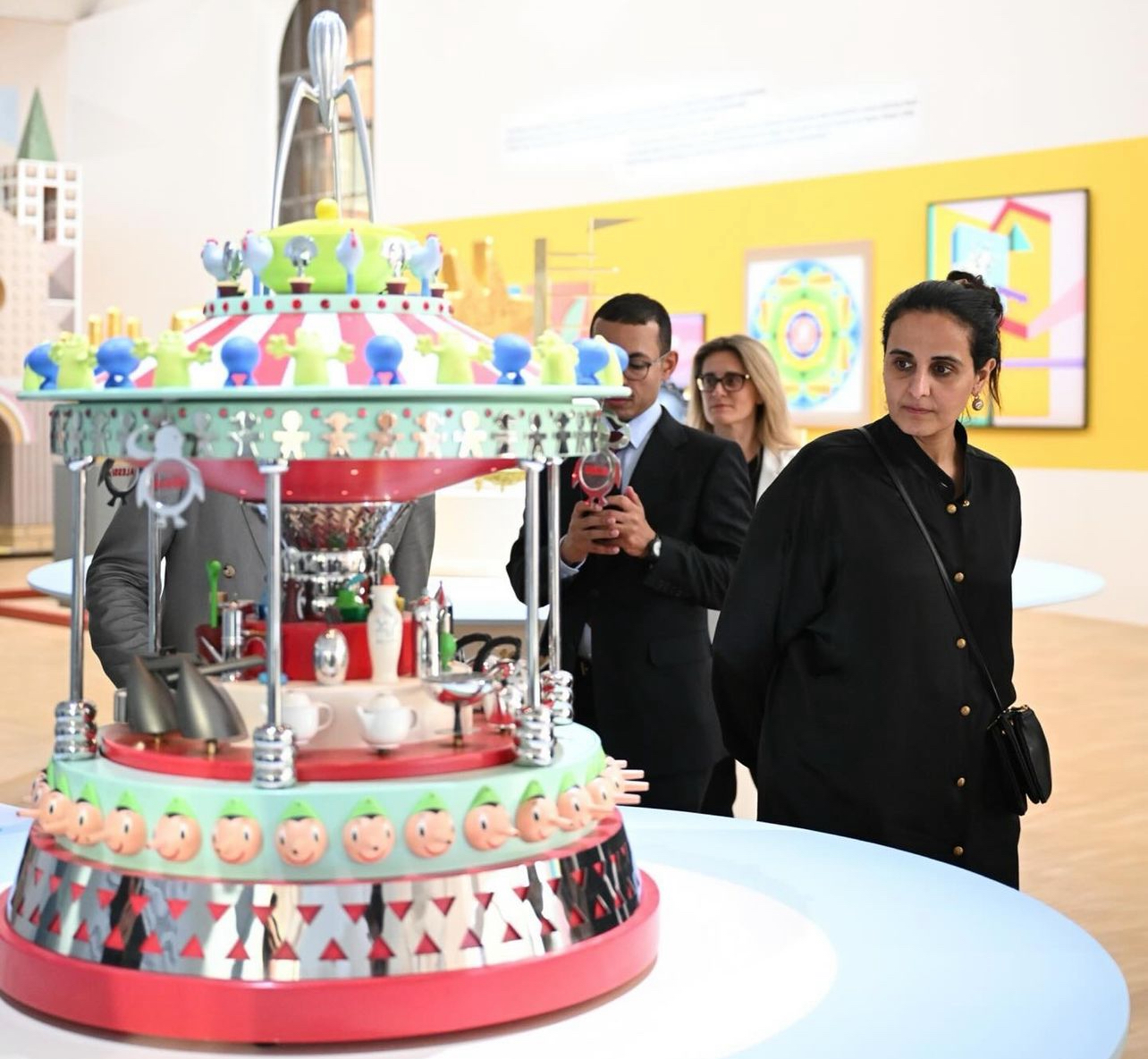
Updated on May 5 at 7:15am with more information about the findings.
A committee responsible for determining the cause of a widespread gas odor reported in March said today that the weather appeared to be the primary cause.
In a series of tweets, the Ministry of Interior said other factors were also at play, but it did not disclose them, or respond to questions from Doha News for more details.
However, the Peninsula reports that more gas generated through industrial activity was burnt off in gas flares on March 21. The emissions could not be released into the atmosphere due to low pressure and low hanging clouds, which caused the smell to disperse around Qatar.
Additionally, the MOI said there was an increase in the concentration of some air pollutants during the afternoon of March 21, which was a windy day in Qatar.
It added:
Scientific data, records of monitoring stations confirms ratio of pollutants didn’t exceed national safety standards throughout taht period.
— Ministry of Interior (@MOI_QatarEn) May 4, 2014
More importantly, Committee emphasized that the spread of gas smell in this period did not constitute a danger to public health.
— Ministry of Interior (@MOI_QatarEn) May 4, 2014
Qatar residents reported a pervasive gas smell in specific places nearly two months ago.
Following the complaints at the time, the MoE tweeted that it was aware of and investigating the scent, and that it posed no risk for residents.
However, some said at the time that the smell gave them headaches and caused them to feel dizzy. In response to concerns, the government set up a committee to investigate the cause of the odor.
During today’s conference, officials from the Ministry of Environment, Qatar Meteorology Department, Civil Aviation and Qatar Petroleum spoke about their investigation.
The committee came to its conclusions after collecting and analyzing data from 19 air quality monitoring stations, which is has promised to link electronically.
MOI said it had also hired a number of experts and employed a set of modern monitoring and surveillance systems to help with the investigation.
Pollution
Pollution is a growing problem in Qatar.
According to a 2011 report from the Qatar Statistics Authority, the number of air pollutants increased in Doha increased significantly between 2007 and 2011.
The report cited sand and dust created by the manufacturing industry and the soaring number of construction projects here are the main causes of the rise. Transportation also played a role, as some 9,000 vehicles are added to the road each month.
To tackle this increase, the report recommended strict guidelines be implemented “to manage discharge of greenhouses gases and air pollution, where all sects of the society should participate, including the private sector.”
During today’s press conference, officials said the inquiry commission has made a number of recommendations to reduce the amount of emission from factories and to keep them as low as possible.
Thoughts?







